“IT IS THE SPORT WITH A SINGLE STARTING GATE AND A THOUSAND FINISH LINES.”
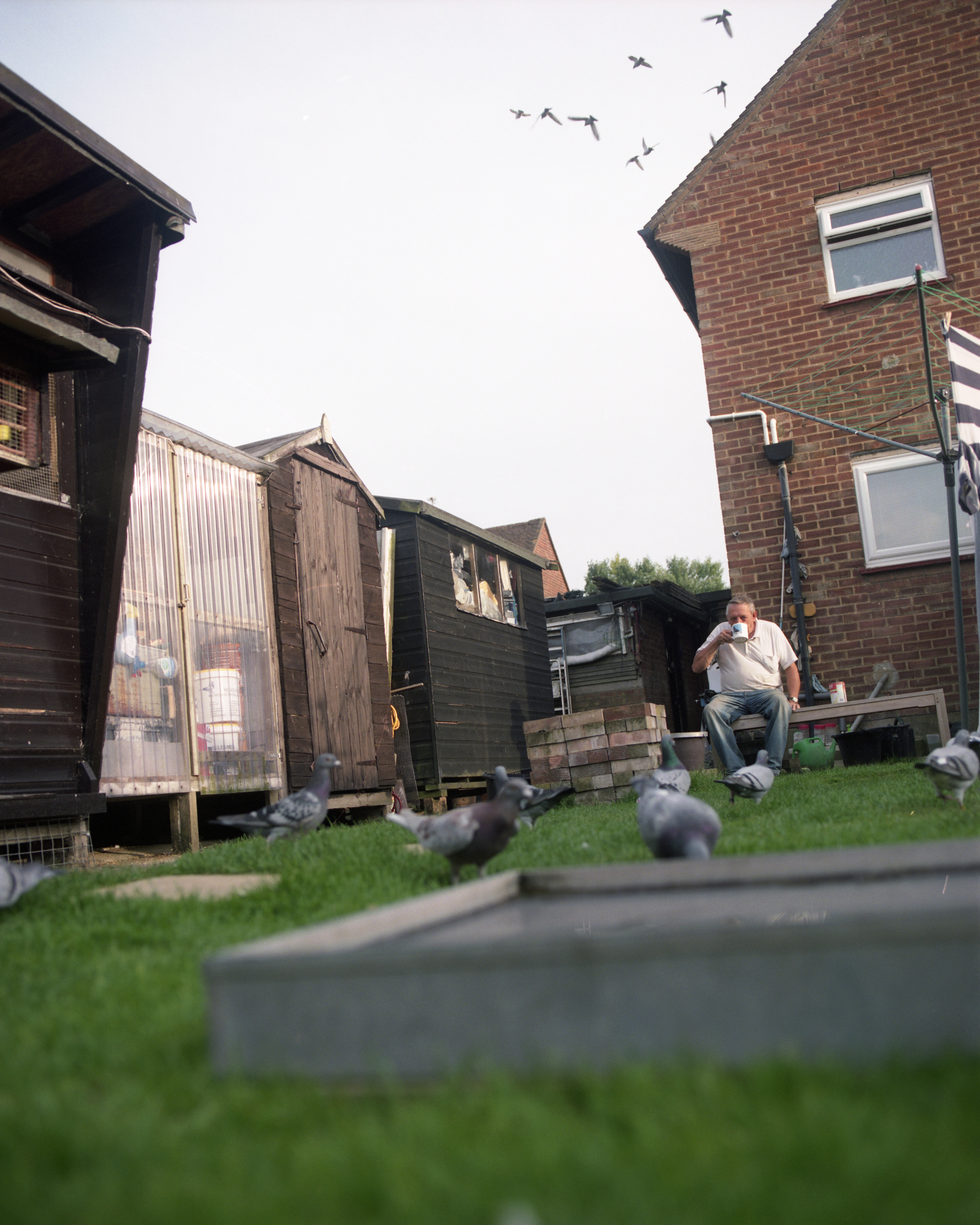
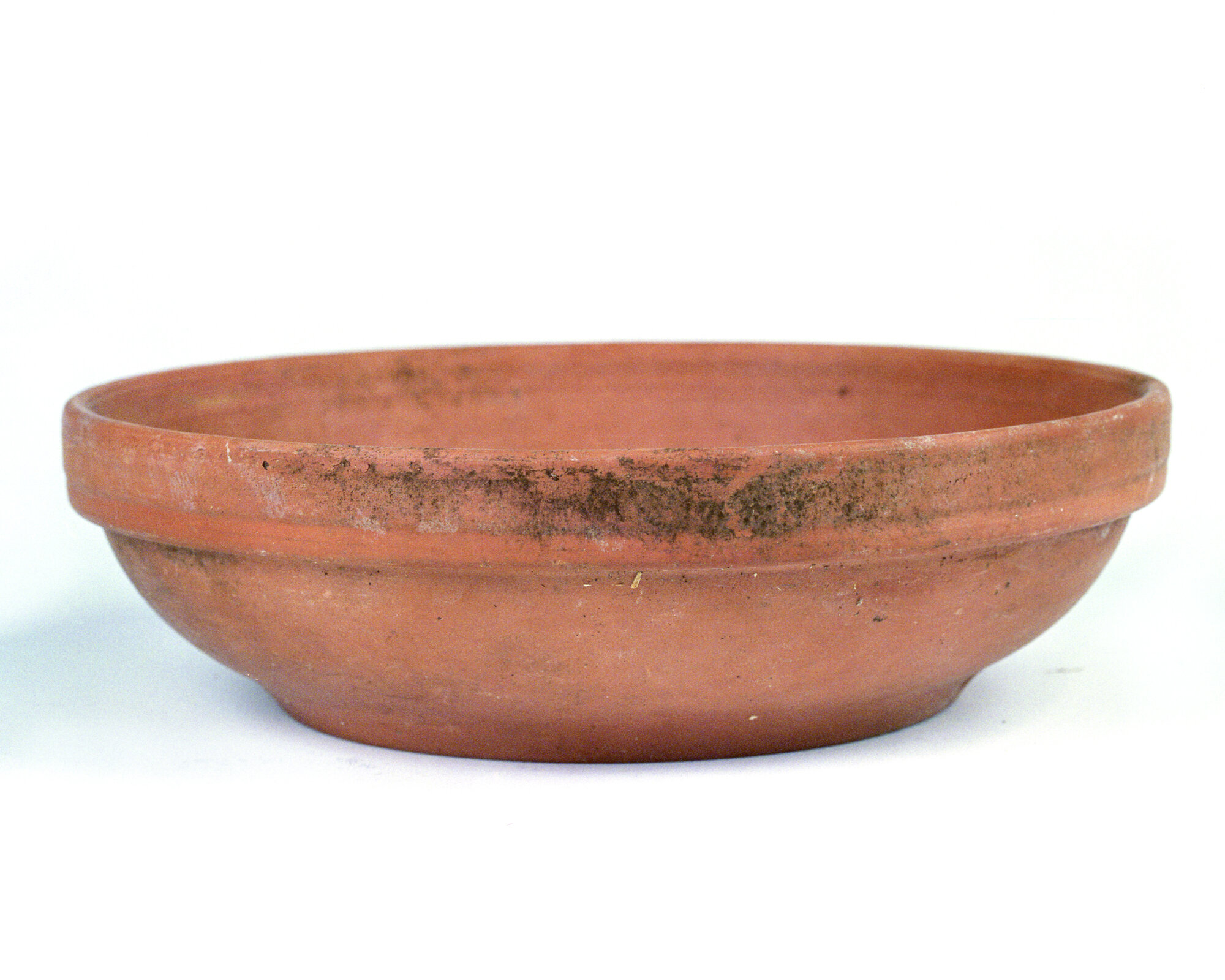
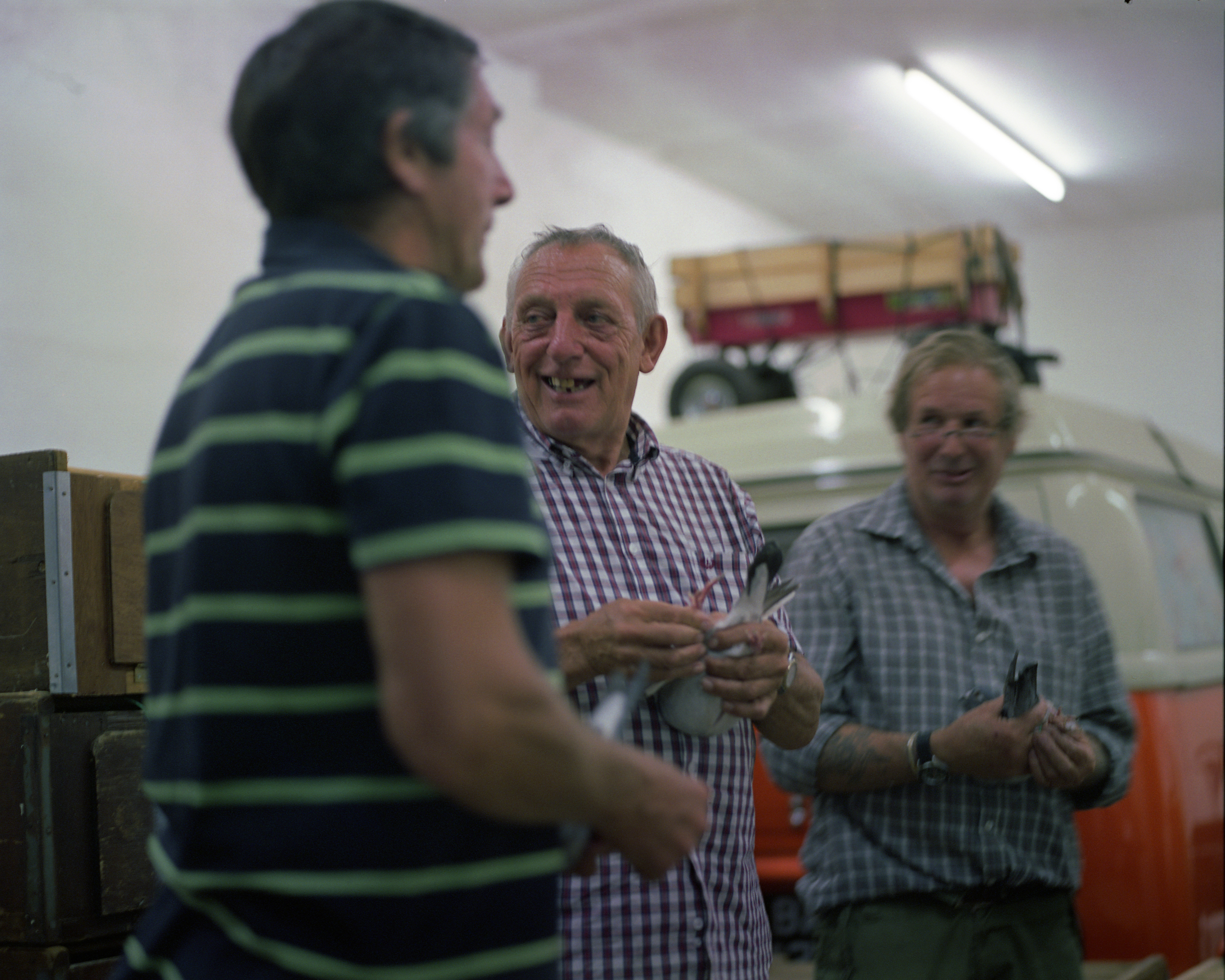
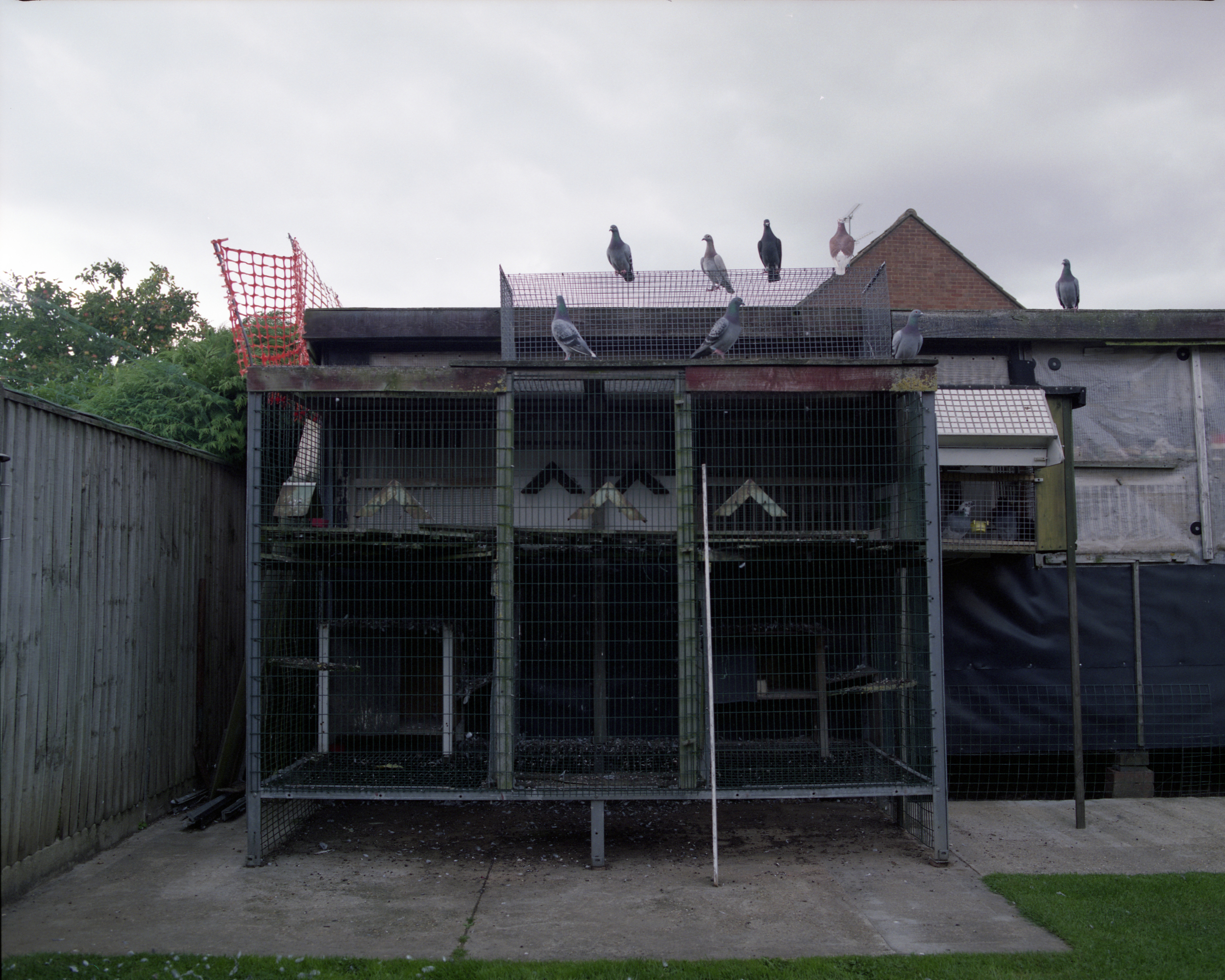
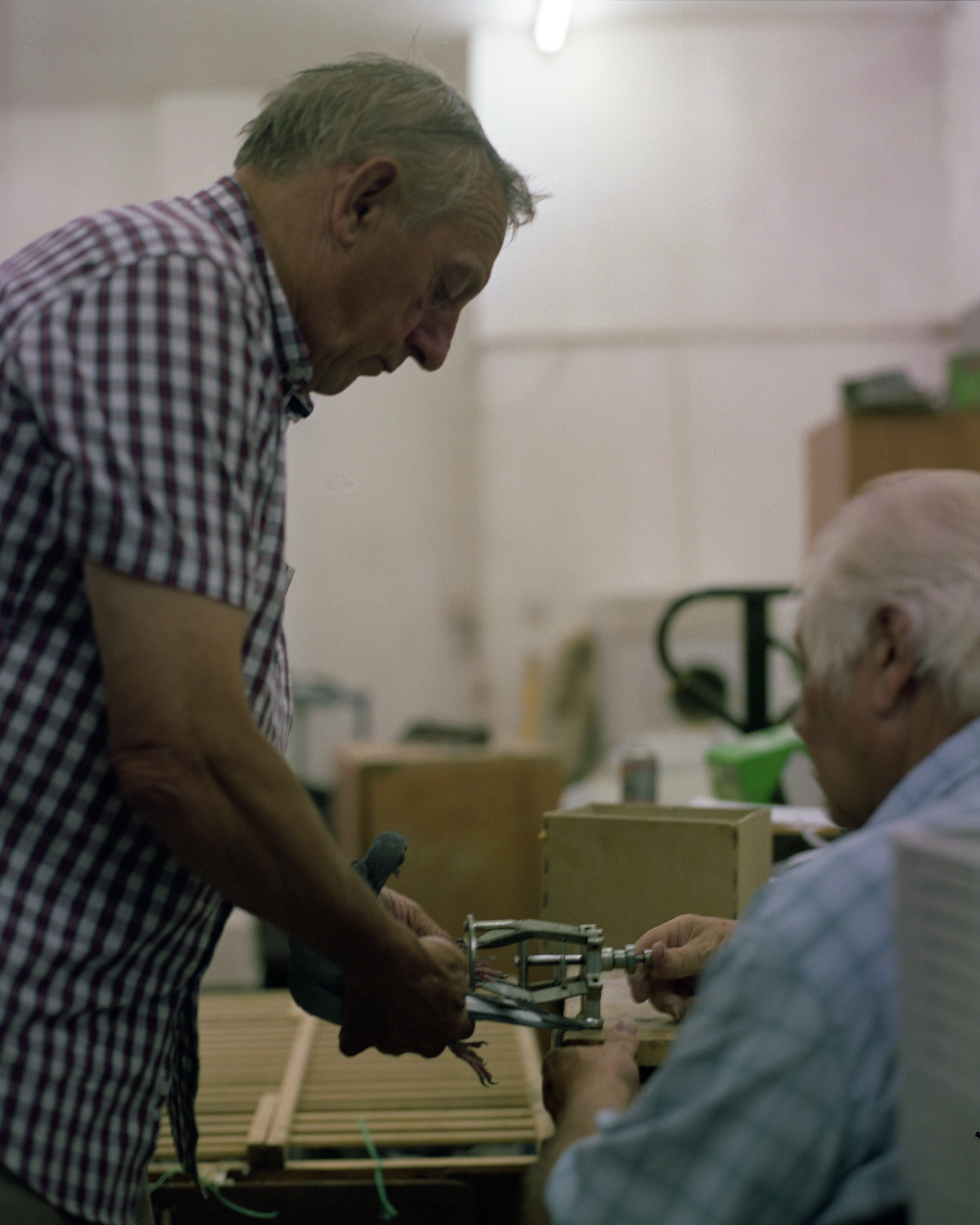
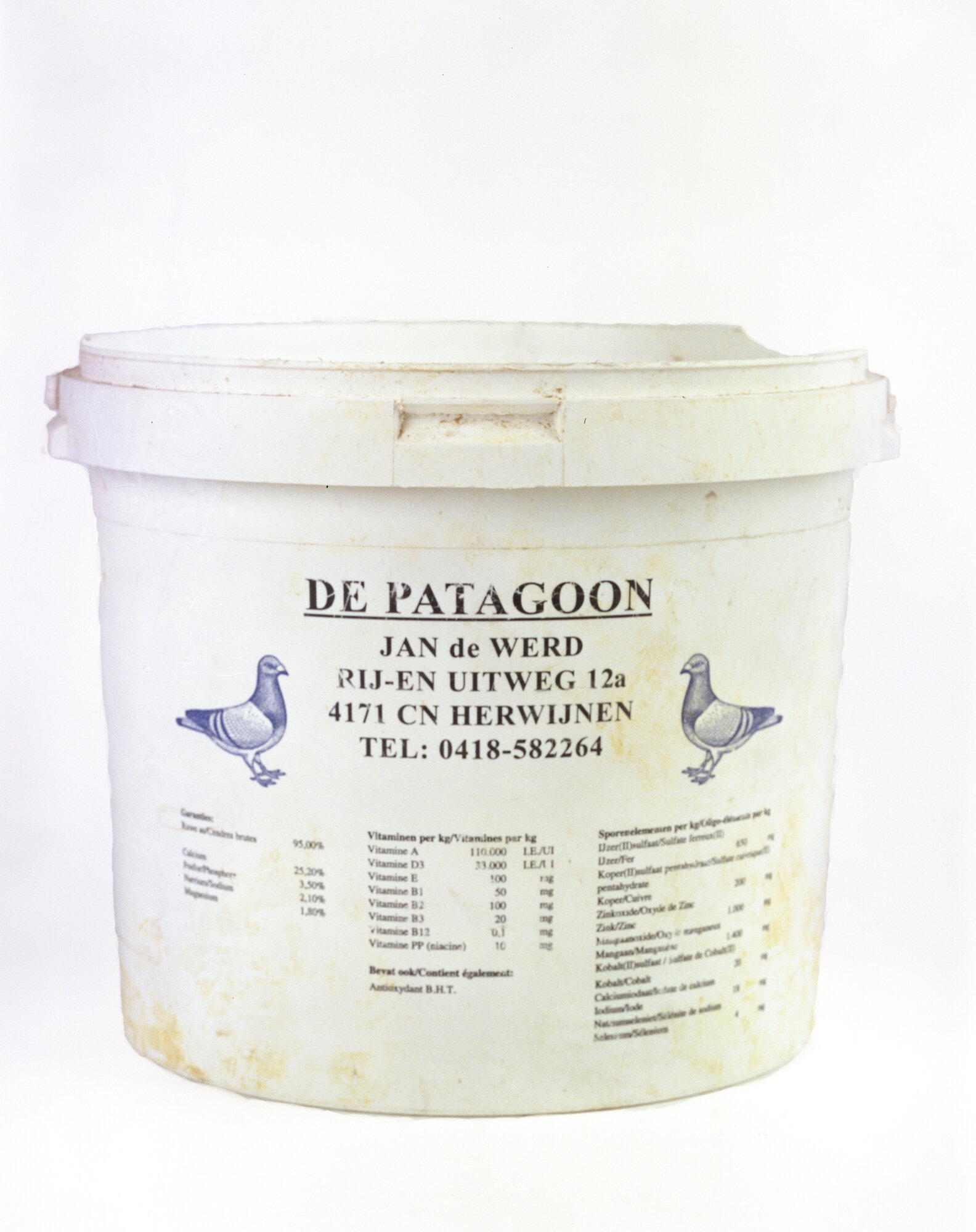
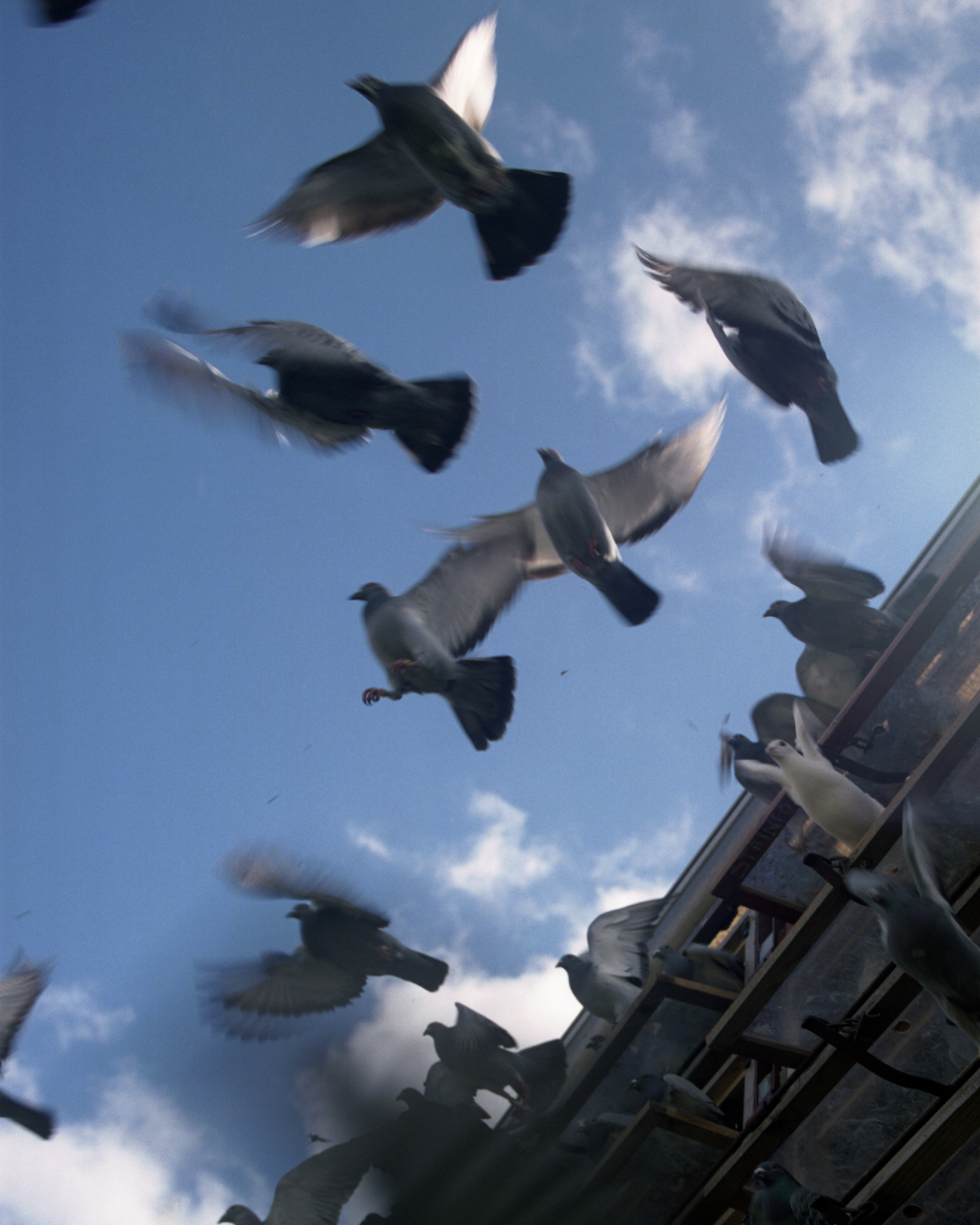
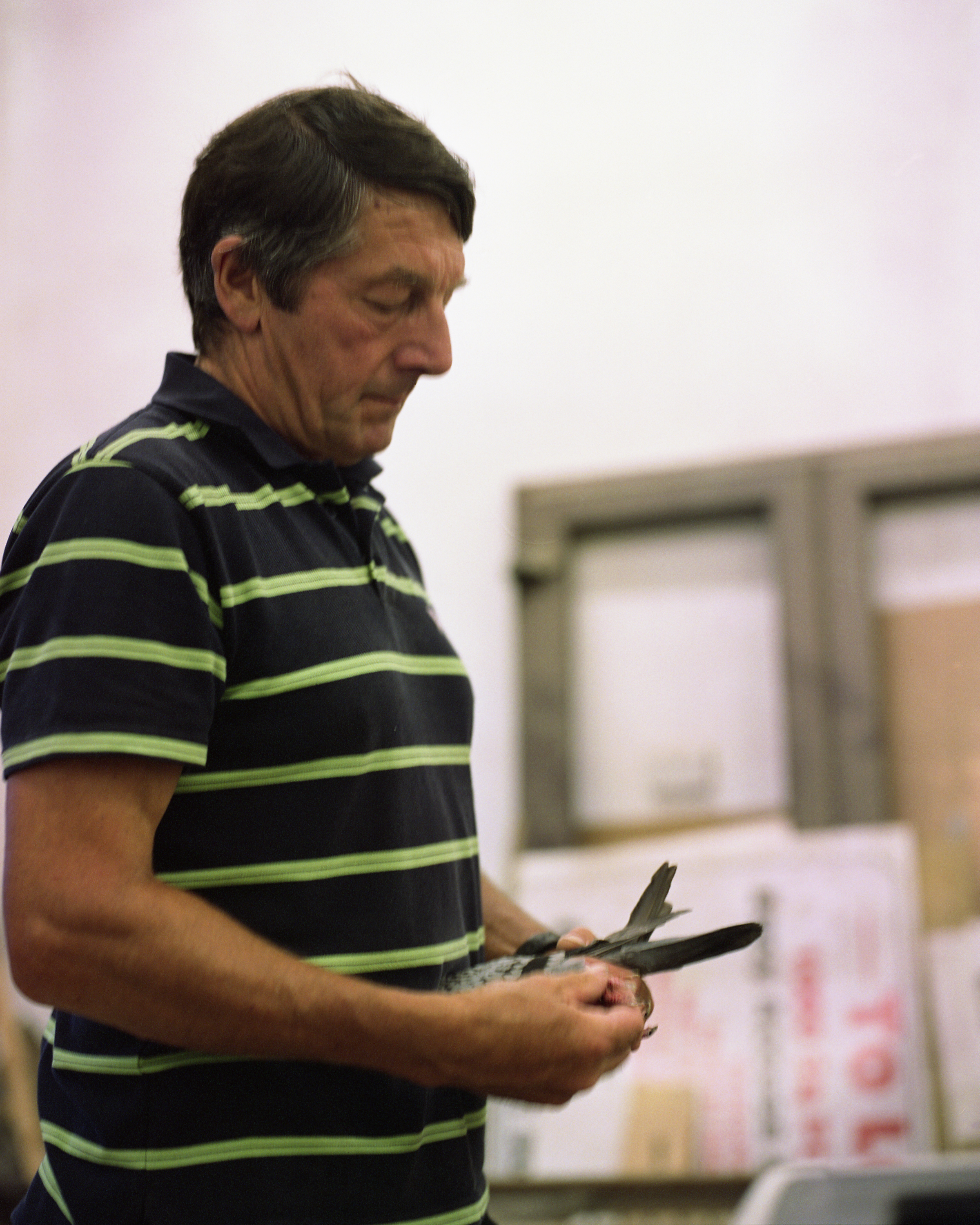
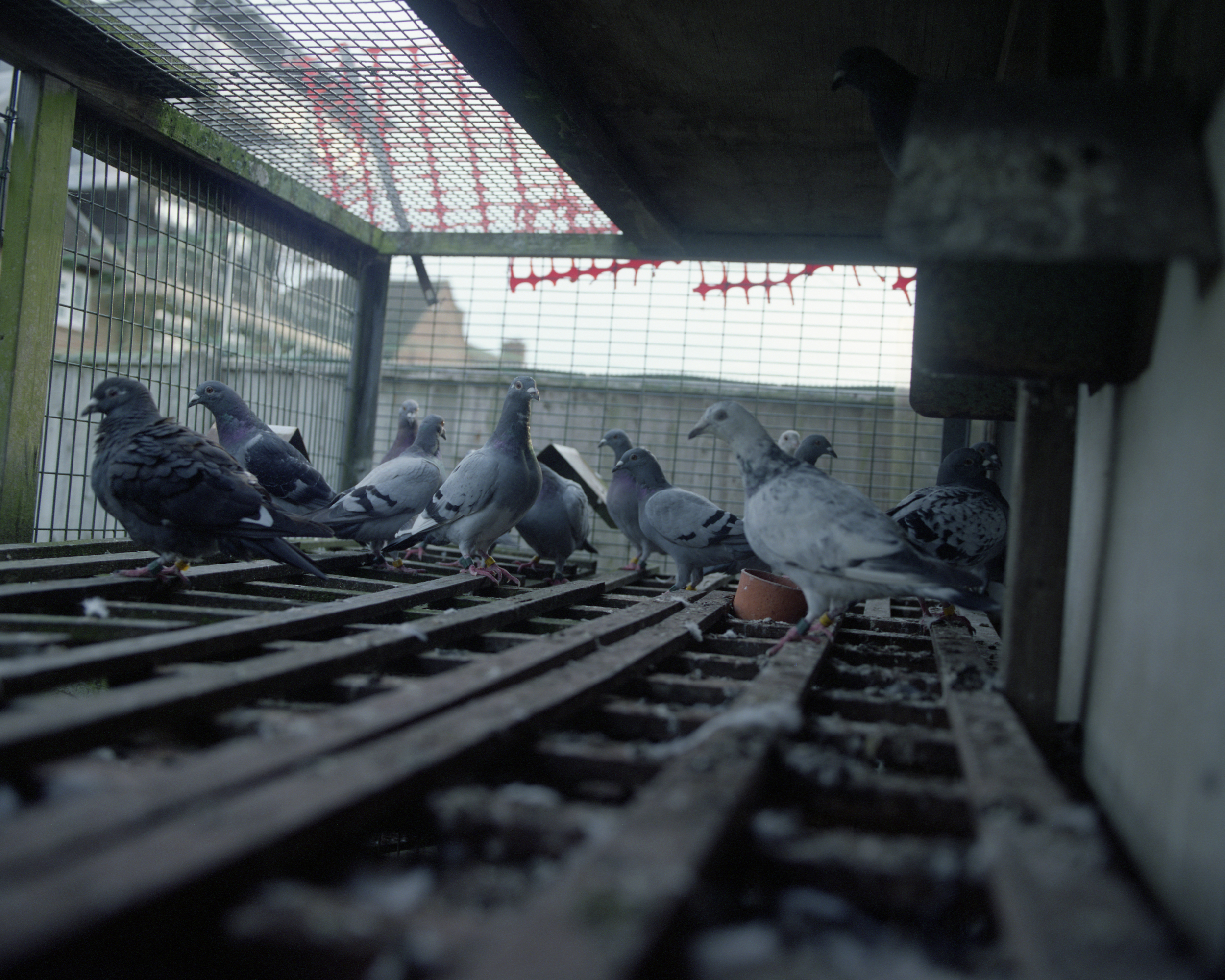
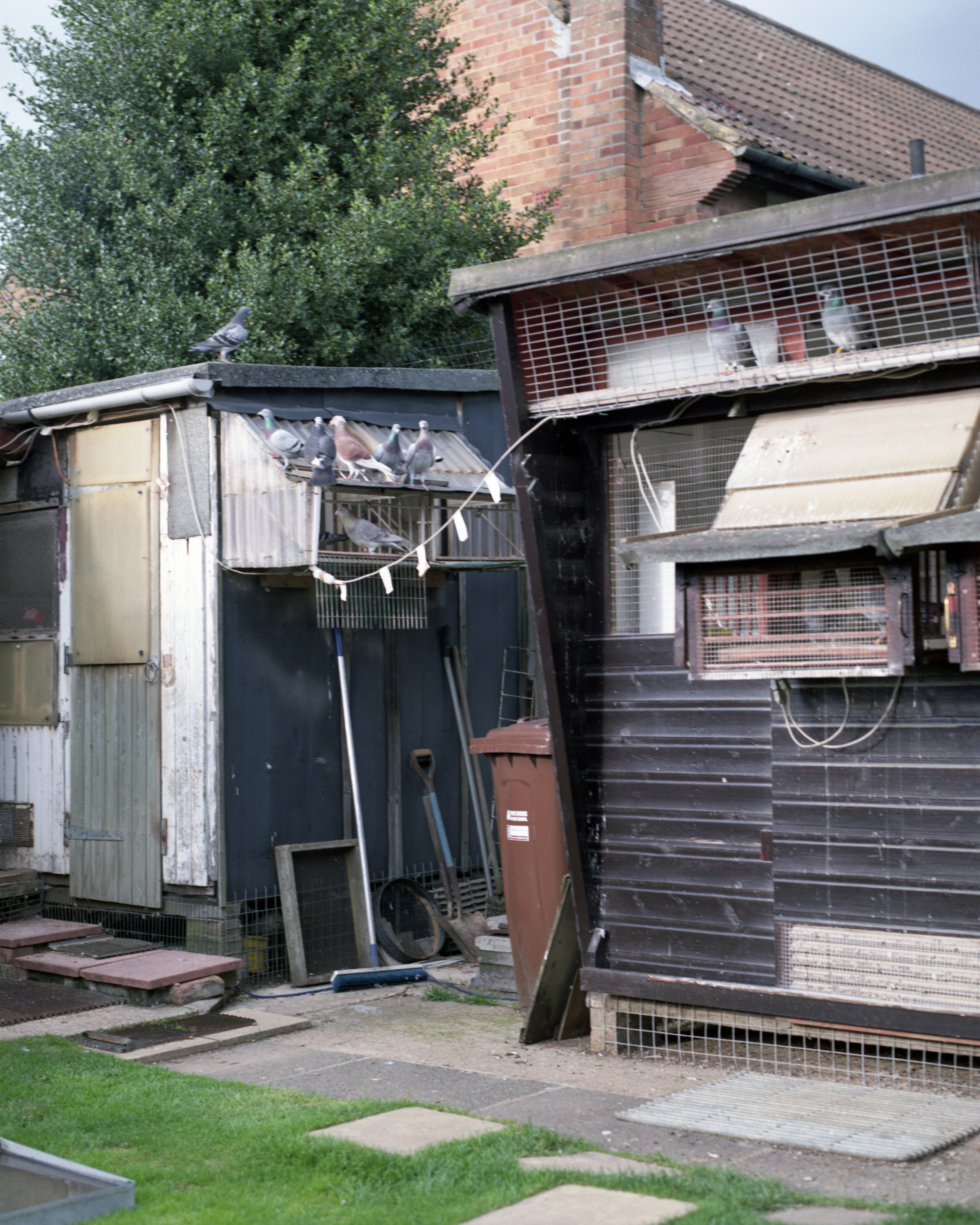
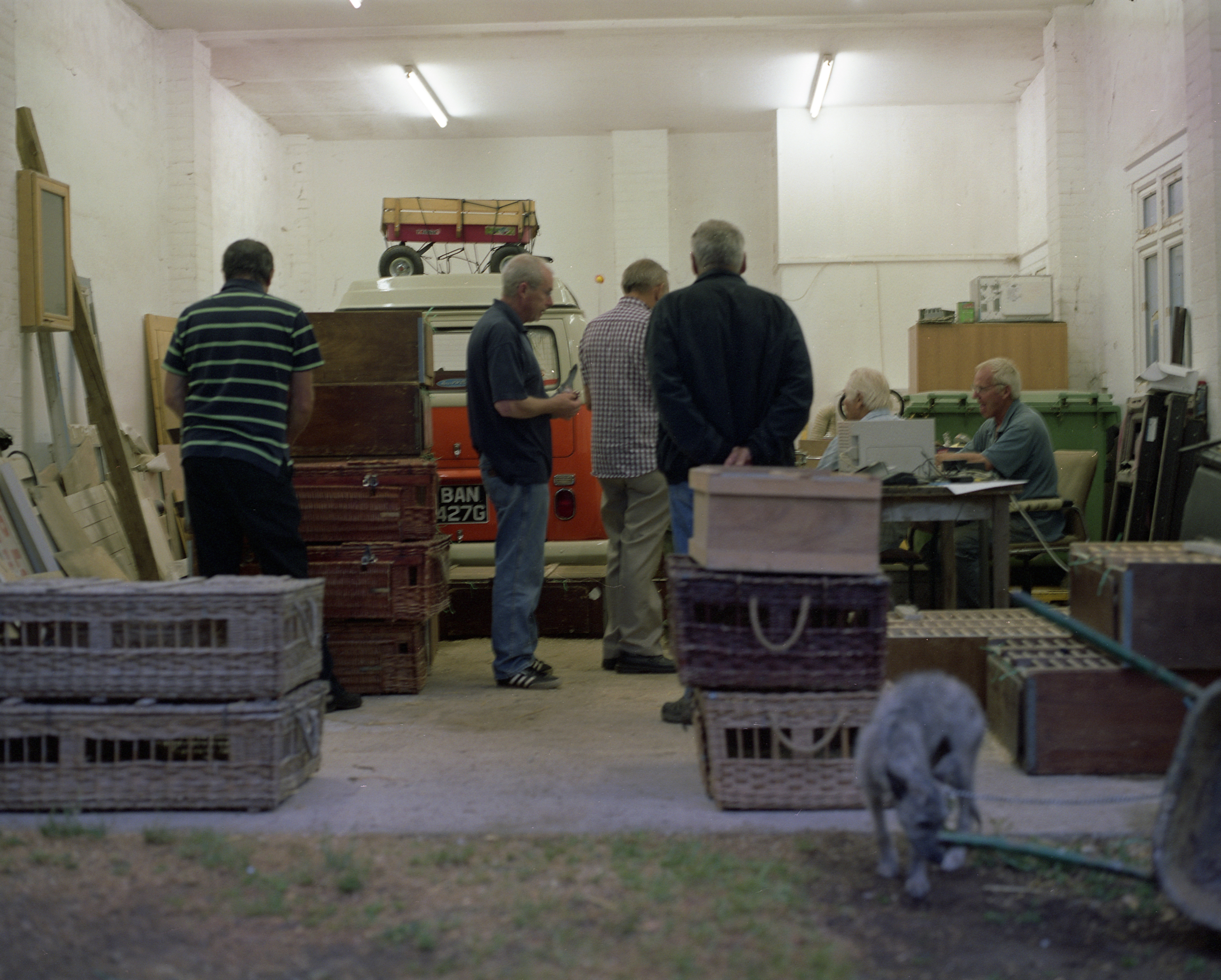
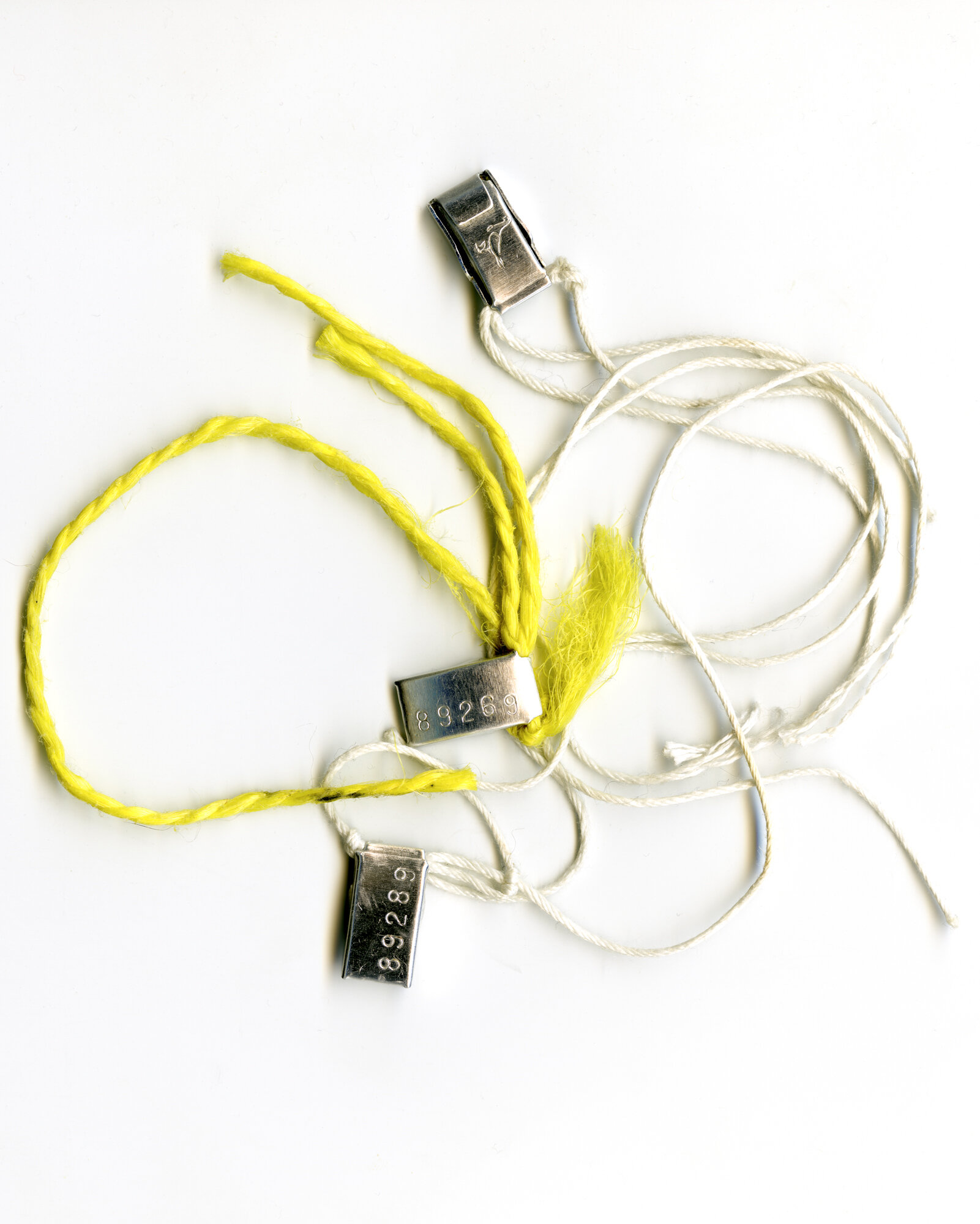
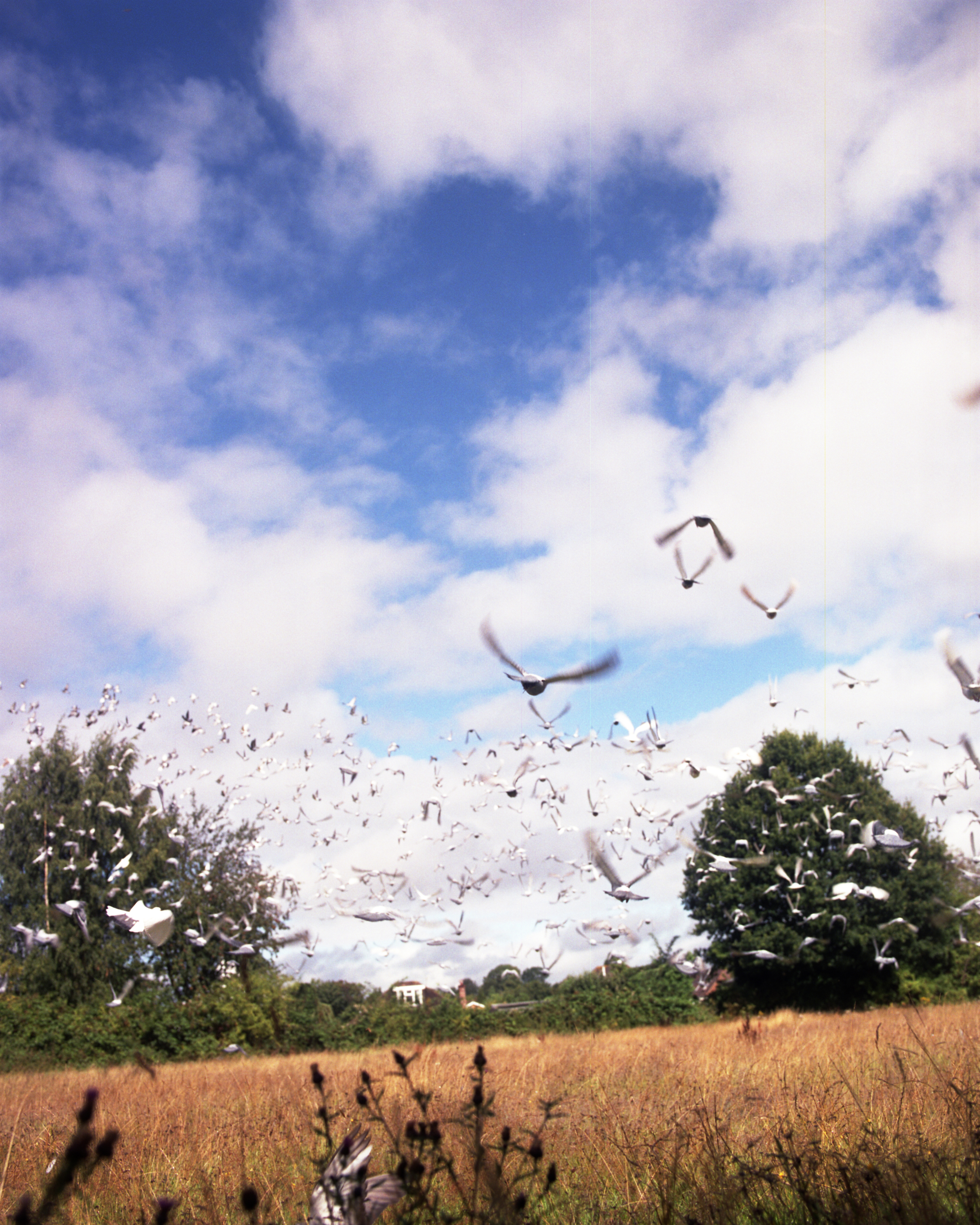


The sport of pigeon racing has been around in some form for centuries, but did not become a part of our society until World War One with the use of over 100,000 pigeons to transport messages from the front lines back to the officers at the rear with a ninety-five percent success rate, This was a tradition that continued in World War Two, resulting thirty two pigeons between 1943 and 1949 being awarded the PDSA Dickin Medal which was awarded to animals for their gallantry or devotion to duty during a war.
Now a hundred years on from their use in World War One, the sport continues to grow with races travelling internationally and distances recorded as up to eighteen hundred kilometres in a single race. However most races are between ten and a hundred kilometres from an agreed starting point, back to their home roost (known as a loft). The races are timed based on the distance travelled by a bird, divided by its time from release to arrival.
But no sport is without its dangers, and for pigeon racing those dangers often mean death. Peregrine Falcons; the fastest bird in the world often prey on pigeons and other raptors across the country also present their own risks. These are added to by man made hazards including the fast moving traffic all over the county and pylons and radio masts that can maim or kill a pigeon if blown into the wires during heavy wind.
In the media reports have occurred suggesting that the sport be banned due to cruelty from owners who are more intent on winning a race than the care of the birds living in their loft, with reports of shooting a bird to claim the ring off its foot faster. These seem to be isolated incidents from a small minority and sparks anger from other pigeon fanciers and racers alike.
Retiree Terry Haley of the Three Boarders Federation District has been involved in racing pigeons since the age of 11, a passion now shared by his eldest son. In 1959 Haley went to local farm buildings at night to catch pigeons to keep and train for racing. These were bred with pigeons from a local ‘fancier’ and led to the pigeon, Nunnies, which was entered into the Guinness Book of Records in 1966 for its record mileage in racing, and has become a pedigree line in its own right to be bred from.
Haley races using two different techniques. All his birds are kept the same way, fed the same food, and exercised together, however three of his four lofts race using a modern recording system where the birds tag automatically scans when they land on the platform inside the trap of the loft, recording an instantaneous time. The last of the lofts uses the traditional system where the birds instead of being scanned into the race, have a numbered band on their leg. When they arrive back at their loft, this tag is removed by hand and placed inside a racing clock, recording the time of arrival; these clocks are synchronized and locked at race meetings to prevent tampering from occurring.
This series examines the world of Pigeon Racing focusing on Terry Haley and the rest of the TBF district, documenting the care, equipment and the events within the sport of Pigeon Racing.